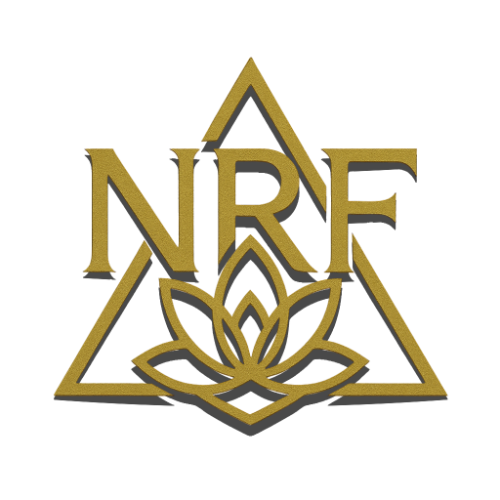Commercial Conventional Financing

What is a Conventional Commercial Loan and what is it Used For?
Conventional commercial mortgages are standard commercial real estate loans not backed by a government entity. These loans are typically used to purchase or refinance commercial properties like office buildings, shopping centers, and warehouses.
Commercial Conventional Loans offer a balance of flexibility, competitive rates, and financing options suitable for a wide range of commercial properties. This can be particularly advantageous for well-qualified borrowers looking to finance or refinance commercial real estate with a loan product that can be tailored to their specific needs and financial situation.
Commercial Conventional Loans are a vital tool for businesses and investors in the commercial real estate market. They provide the necessary capital for property acquisition and development, help in leveraging investments, and offer flexibility and potential tax benefits, making them an attractive option for many in the commercial property sector.

Loan Terms:
The loan terms can vary but generally range from 5 to 20 years, with some extending up to 30 years.
Amortization periods can be longer than the loan term, leading to a balloon payment at the end of the term.
Interest Rates:
Rates for conventional commercial mortgages are influenced by market conditions and the borrower's creditworthiness.
They can be fixed or variable, often ranging from around 5% to 7% but can vary widely based on the lender and the specifics of the deal.
Loan-to-Value Ratio (LTV):
LTVs typically range up to 75%-85%, meaning the borrower must put down 15%-25% of the property's value as a down payment.
Higher LTVs might be available but often come with higher interest rates due to increased risk.
Debt-Service Coverage Ratio (DSCR):
Lenders usually require a DSCR of 1.25x or higher. This ratio measures the property’s ability to cover debt payments with its income.
Credit Requirements:
Borrowers generally need good to excellent credit to qualify for the best rates.
The credit history of both the business and the individual borrower is considered.
Property Types:
Conventional loans can be used for a wide range of properties, including office buildings, retail spaces, industrial facilities, and multi-family units.
Prepayment Penalties:
Some conventional commercial mortgages have prepayment penalties, meaning borrowers will pay a fee if they pay off the loan early.
Fees and Closing Costs:
Borrowers can expect to pay various fees such as origination fees, appraisal fees, legal fees, and other closing costs.
Why Choose a Conventional Commercial Mortgage Vs. a Traditional Bank Loan?

A Commercial Conventional Loan may be preferred over a traditional bank loan due to its competitive interest rates, flexible loan terms, higher loan-to-value ratios, diverse property type eligibility, fewer restrictions, potential for non-recourse loans, less stringent prepayment penalties, faster processing, larger loan amounts, and tax advantages. However, the decision should be based on a thorough analysis of the specific needs, financial situation, and long-term goals of the business or investor. It's advisable to conduct detailed research and possibly consult with a financial advisor to make an informed decision.



